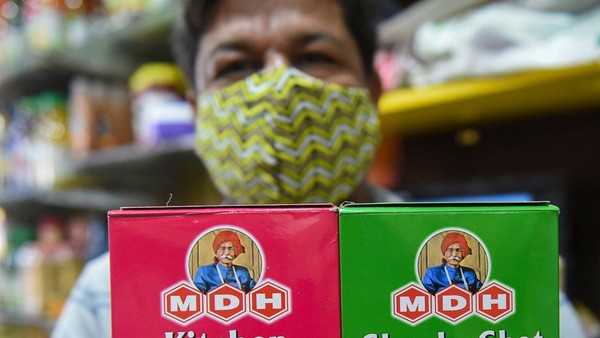New Zealand's food safety regulator is investigating whether Indian perfumes MDH and Everest may be contaminated with pesticide residues when they are shipped to other countries, including the United States.
Last year, the Southeast Asian country was the world's largest exporter of spices, exporting $3.89 billion worth of spices to 180 countries, according to TradeImex. Indian spices are known for their ability to enhance taste and flavor.
But last month, Hong Kong stopped selling three MDH flavor mixes and one Everest flavor mix, saying the products contained high levels of the pesticide ethylene oxide. Singapore also stopped buying some Indian spices. — New Zealand and other countries have stopped using ethylene oxide, a chemical known to cause cancer in humans, for food sterilization, — Jenny Bishop, New Zealand's deputy food safety commissioner, Reuters news agency reported the news. – As MDH and Everest Spice are also sold in New Zealand, we are currently investigating this matter.
According to Reuters, MDH and Everest say their products are safe for consumption. These two spice giants export their products to America, Europe, Southeast Asia, the Middle East and Australia.
In April, the US Food and Drug Administration (FDA) launched an investigation into whether products from two brands, India's largest, contained this pesticide. The agency also said that an average of 14.5% of MDH's fragrance shipments from 2021 have been rejected. According to Print, days before the announcement of the Hong Kong findings, the Food Safety and Standards Authority of India authorized a tenfold increase in the permissible limits for pesticide residues. in spices and herbs, a level not yet specified in Indian or international regulations.
Regulators have defended the move, saying there are different amounts for different foods based on risk assessments. The Ministry of Agriculture and Farmers Welfare of India regulates pesticides through the Central Pesticides Board and the Registration Board.








